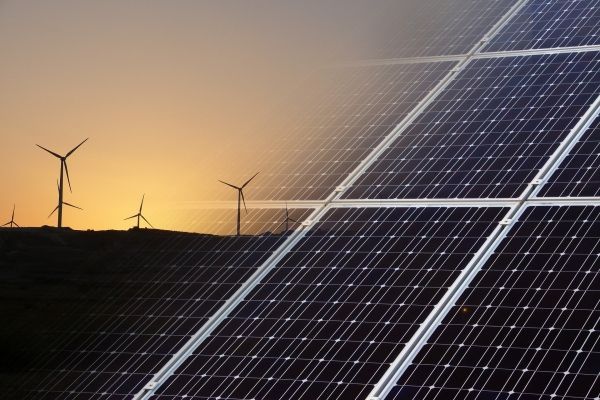A growing body of research shows that the behavior of peers has a significant influence on an individual’s energy-related decisions, whether it’s choosing to install solar panels or to purchase a hybrid vehicle. In short, personal energy choices can be contagious.
But why exactly that occurs is less clear.
In a new paper, an interdisciplinary team of scholars, including an economist at the Yale School of Forestry & Environmental Studies (F&ES), reviews the latest findings on the role of social influence and then illustrates pathways through which these insights might be used to promote more sustainable energy choices.
“The evidence on peer influence in energy has been growing but people haven’t connected it to theories in social psychology that can help provide a deeper understanding of how persuasion works, how that word of mouth works, and what are some of the channels by which peer influence makes an impact,” said Kenneth Gillingham, associate professor of environmental and energy economics at F&ES and corresponding author on the paper.
“We wanted to bridge those fields of literatures so that we can better understand how peer effects and contagion work, why they work, and why they’re so powerful.”
Read more at Yale University


